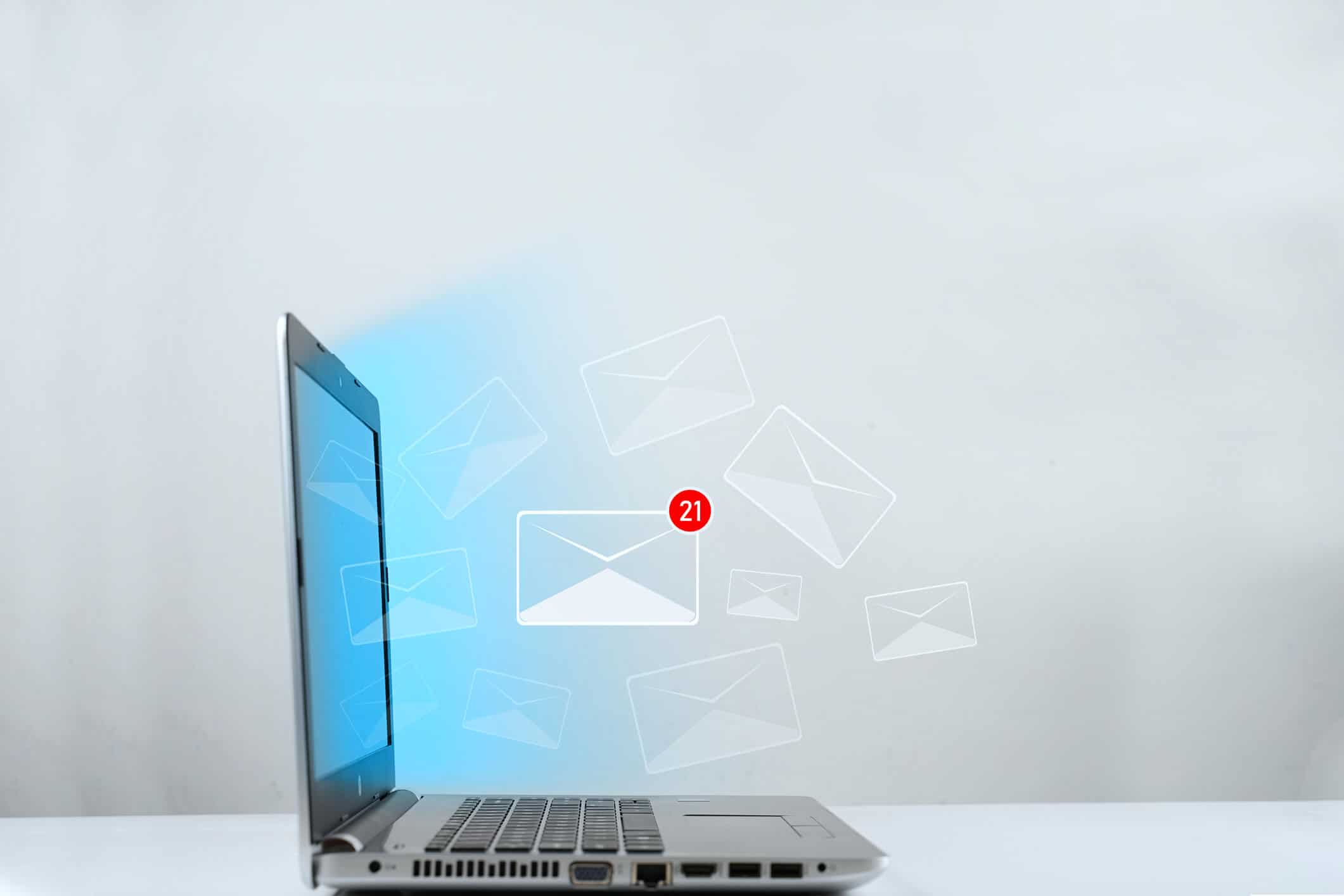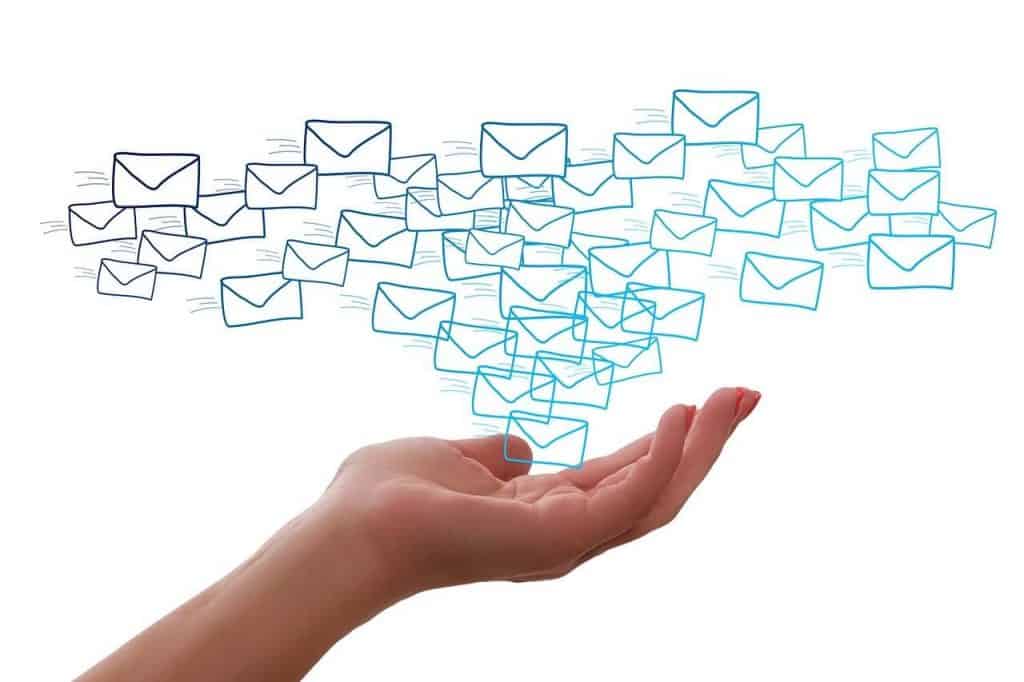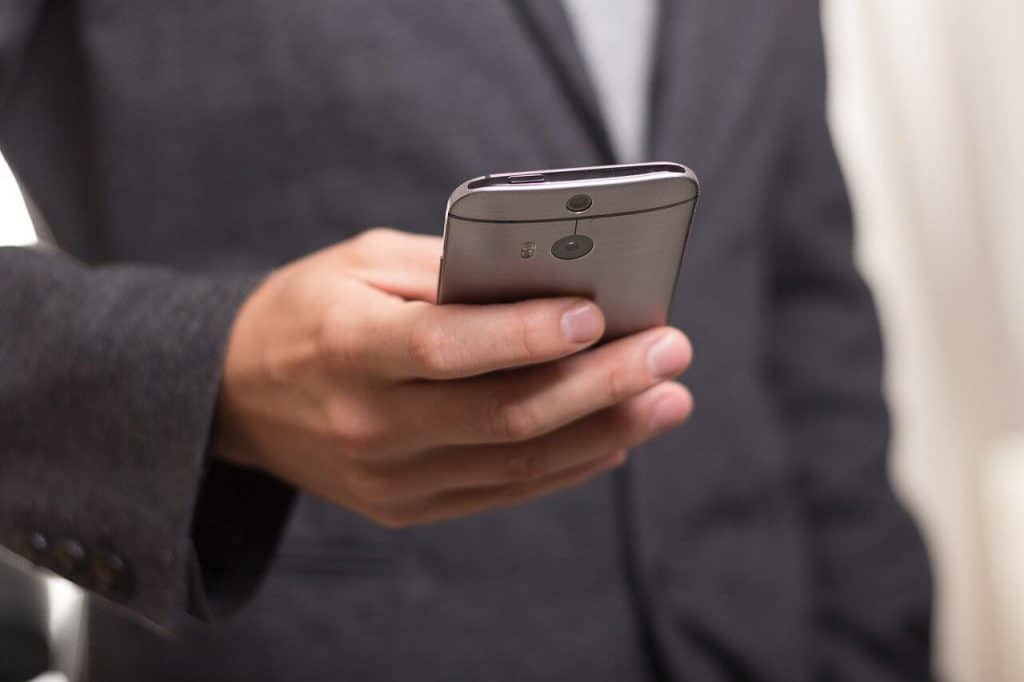
Email is an important method of business communication. It is fast, inexpensive and easily accessible. Despite the fact that for years e-mails were predicted to be forgotten, the number of sent and received messages is growing every year, and using e-mail brings considerable benefits.
It is hard to find a profession or a position where it is not necessary to have an e-mail address. Assigning a company email to a new employee is one of the first “rituals” that occur after hiring. According to statistics, more than 205 million emails are sent each day, and that number continues to grow. Additionally, more than one billion people rely on email as their main tool used to perform their daily tasks and duties.

Last year, the question of the validity of email inboxes was once again brought into question, all due to the transition of most businesses into remote working mode. Like mushrooms after the rain, new communication options such as Zoom, MS Teams and Slack, for example, began to popularize. While it’s true that some tools and applications can replace some of the functions of email, mail still remains the most multifunctional tool
After all, we don’t use mail just to communicate. A large part of marketing relies on emails, they also support project management functions, providing sales support, contacting new clients, setting up meetings, designing a calendar of events or collaborating with the rest of the team. With so many undeniable benefits, why do people doubt the power of email?
The answer to the question posed earlier is rather simple – we often simply fail to properly select the method of communication for a specific task. The emergence of instant messengers, such as Slack, is a great convenience, but do not count on them pushing classic emails into the background. Such applications are ideal for internal communication, finalizing project details, correcting ambiguities, because they allow for real-time contact, being in a way a substitute for face-to-face meetings

In contrast, emails were designed to be used for something else – to communicate with one specific person or external institution. It should come as no surprise, then, that by sending or forging business emails to groups of people, or passionately using several different addresses, we descend into chaos. This, in turn, creates a mess in our inboxes, which is hard to get out of and which results in us losing clients and forgetting important tasks.

Most of us are not fond of pushy people imposing their services or considerations. When someone invades our private space without hesitation, we usually feel threatened and annoyed. Communicators such as Whatsapp, Messenger or classic SMS are considered by the majority of users as such private spaces that should be intended only for acquaintances, friends, family, sometimes co-workers.
At this point, the timelessness and universality of email communication is once again confirmed. A message sent via email maintains a careful professional distance, being neither too personal nor too distant. As in every case, also in this one everything is a matter of a proper feeling – if the business we run has a more relaxed formula and its target are young recipients, for whom the direct form of contact through communicators may be an advantage, it is worth trying this tool out. In other cases, the advantages of e-mail, such as unimposing directness, simplicity and formal style, almost always outweigh the advantages of other methods.
The whole problem of email, then, lies in the way we use it. With the right tools and modern extensions, it can be more powerful than any other communication tool on the Internet.
Main article image: photo by imran kadir photography / Moment / Getty Images